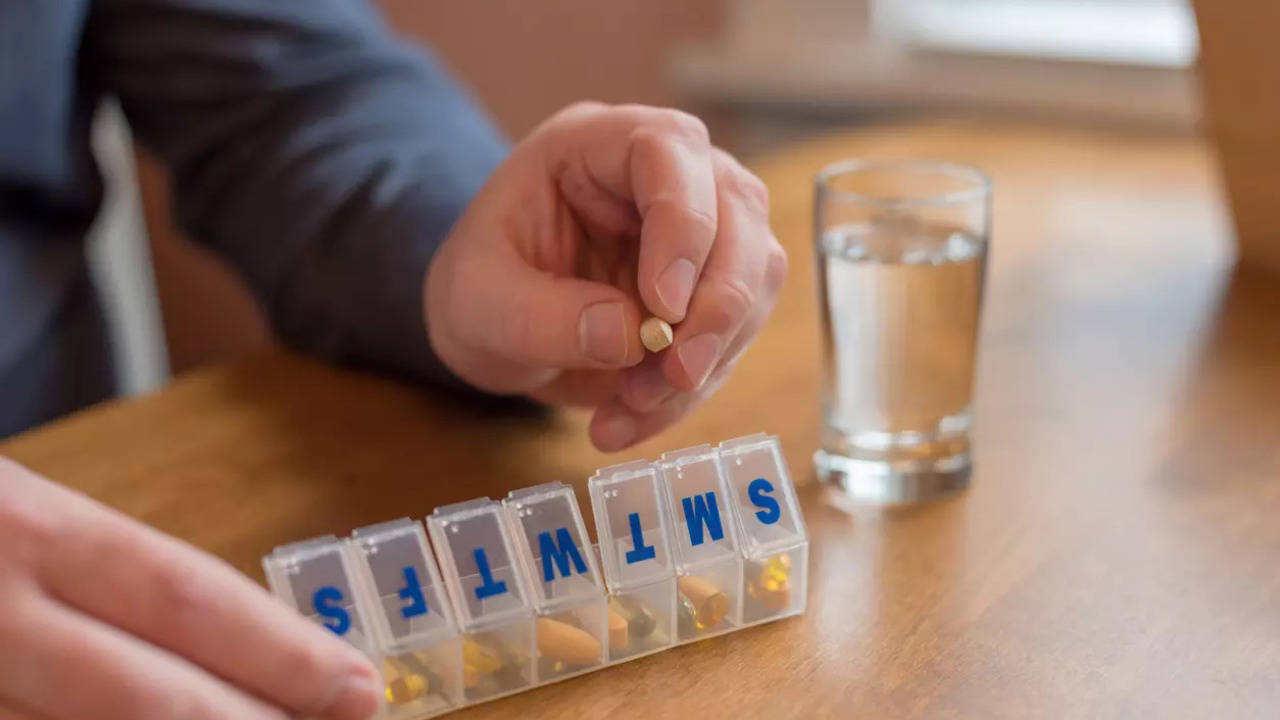
More than 150 widely sold fixed-dose combination (FDC) drugs, including commonly used medicines for fever, cold, allergies, and pain, have been banned by the Centre over the concern of "risk to human health". Watch video.
Why Has Centre Banned FDCs – "Cocktail" Drugs
The Drugs Technical Advisory Board (DTAB) and an expert committee found that these FDCs lacked therapeutic justification and posed "risks" to human beings, according to the gazetted notification issued by the union health ministry, as reported by PTI.
What Are These FDC Drugs
FDC drugs, often referred to as "cocktail" drugs, contain a combination of two or more active ingredients in a fixed ratio. The banned drugs, according to a gazette notification issued by the Union health ministry on August 12, include 'Aceclofenac 50mg + Paracetamol 125mg tablet' – one of the popular combinations used as pain-relieving medicines, Mefenamic Acid + Paracetamol Injection, Cetirizine HCl + Paracetamol + Phenylephrine HCl, Levocetirizine + Phenylephrine HCl + Paracetamol, Paracetamol + Chlorpheniramine Maleate + Phenyl Propanolamine and Camylofin Dihydrochloride 25 mg + Paracetamol 300mg.
Complete Prohibition Of FDCs In The Interest Of Public Health
The ban has been issued under Section 26A of the Drugs and Cosmetics Act, 1940, which allows the government to prohibit the manufacture, sale, and distribution of drugs that are deemed harmful or unnecessary. The DTAB emphasised that no form of regulation or restriction could justify the use of these FDCs in patients, leading to the decision for a complete prohibition in the interest of public health.
(With inputs from PTI)

